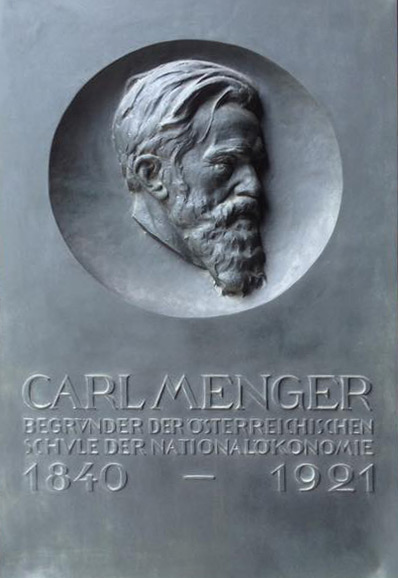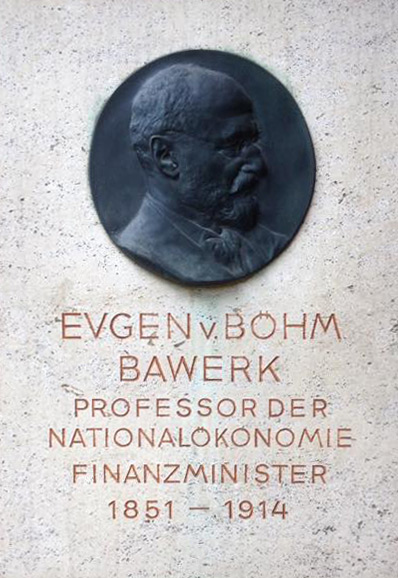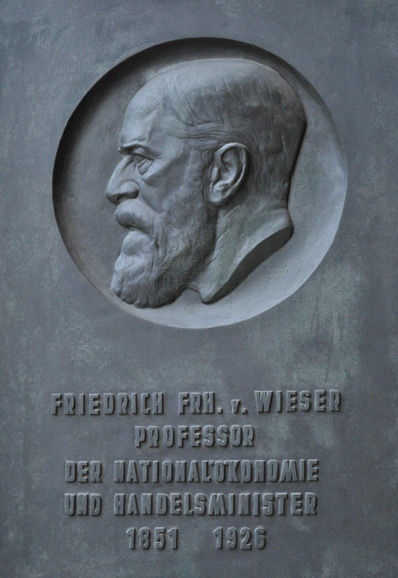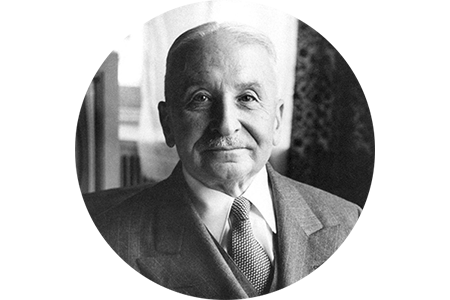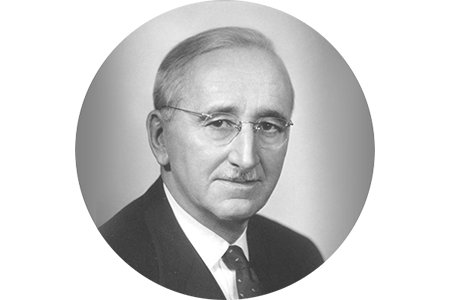Why the Austrian School of Economics?
Due to its approach, the thinking of the Austrian (or Viennese) School of Economics (“Austrian Economics”) is able to explain economic relations and their social and political implications in an extremely accurate and accessible way. It is not based on a fictitious homo oeconomicus, but on people as they really are and as they behave. It adequately takes into account the economically relevant aspects of the real world and is consistent with the nature and psychology of human action. In this way, it also corresponds to the citizen’s common sense.
The Austrian School of Economics promotes an economic and social thinking that is not trapped in unrealistic, mostly mathematical models. It does not see the economy as an object of state political regulation and central, almost engineering-like control. Rather, its analysis focuses on autonomous entrepreneurial action and the free interaction of individuals in the marketplace, which eludes both the logic of differential equations, and centrally planned political control.
The basic, generally understandable insights of the Austrian School of Economics provide citizens with the necessary knowledge to recognize the political seductions that threaten freedom and prosperity, and motivate them to develop independent entrepreneurial initiative in all areas of society. If citizens lack basic economic literacy, they easily become the playthings of irresponsible politicians, passive recipients of state benefits, and helpless victims of bureaucratic procedures.


